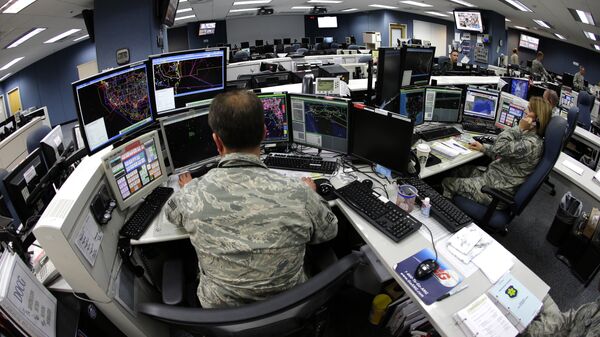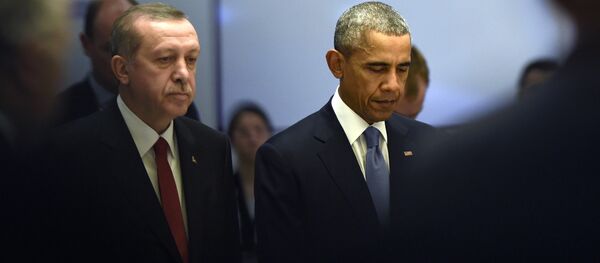The newspaper referred to Russia, China and Iran, which the New York Times said "have increasingly sophisticated offensive cyberforces," while "NATO has none."
"While there are frequent conferences and papers, there are no serious military plans, apart from locking down the alliance’s own networks," the newspaper said.
#cyber, new domain of war: are #cyberattacks acts of war triggering art 51 of UN charter, art 5 of#NATO treaty? https://t.co/OLrXcU4zoU
— Jean-Marie Guéhenno (@JGuehenno) 16 июня 2016 г.
It recalled that in 2014, NATO pledged to respond in kind to a possible cyberattack on one of its member states, which the alliance said would be perceived as an armed attack and which would lead to a commitment by all NATO members to retaliate.
"We have decided a cyber attack can trigger Article 5,Its hard to imagine a conflict w/o cyber" #NATO #cyberwar #cyberattacks #cyberwarfare
— Adv. Prashant Mali (@CyberMahaGuru) 15 июня 2016 г.
"But when it comes to deterring the kinds of low-level probes, espionage and attacks that flow through European computer networks every week, NATO commanders do not seem prepared to take aggressive countermeasures," the newspaper said.
According to the New York Times, NATO Secretary General Jens Stoltenberg takes a low-key stance on cyberwar, and talks about sharing information and expertise rather than "sophisticated probing and early-warning deterrence strategies that large and small powers have begun to develop."
"In short, it sounded like a strategy from a previous age, before cyberattacks were regularly used as a weapon and as a tool of espionage," the newspaper said.
Earlier this week, Stoltenberg said that NATO could deploy conventional arms to respond to potential cyberattacks in the future.
"A severe cyberattack may be classified as a case for the alliance. Then NATO can and must react," Reuters quoted Stoltenberg as telling the German newspaper Bild. The bloc's chief was vague on how exactly the alliance plans to respond, saying only that the strategy "will depend on the severity of the attack."
NATO officials often cite Russia's increasing military might as posing a threat, although Moscow has always maintained that its weapons serve solely defensive purposes.
In addition, Russian authorities have been accused of launching complex cyberattacks against other countries as part of what NATO calls "hybrid warfare." Moscow has always denied these groundless claims.




